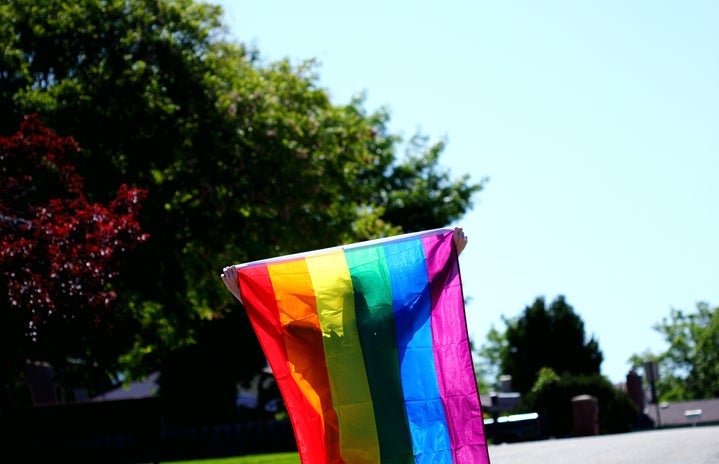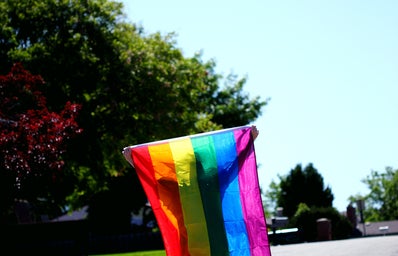I vividly remember watching “Buffy the Vampire Slayer” for the first time a few years ago and being so pleasantly surprised at the inclusion of a same-sex female couple. Willow, Buffy’s best friend and a powerful witch, was one of the first bisexual characters I had seen on TV since coming to terms with my own sexuality. It allowed me to connect, relate, and feel seen. And, it is my hope, that everyone else who struggles with their sexual orientation or identifies as anything but straight, can see themselves up on the silver screen. This hope, however, has been dampened as WLW show after WLW show keeps getting canceled.
One of my personal favorites, “The Wilds” on Prime Video, was recently canceled in July this year. The show, which not only showed diversity regarding sexuality but also racial diversity, put on the big screen a WLW love story: a girl with anger issues and a particularly optimistic girl struggling with internalized homophobia falling in love. It was excellent all the way around, so when I heard season three had officially been canceled, I was heartbroken.
Then, I realized this was part of a much bigger trend.
The issue gained traction on social media when Netflix canceled its original show “First Kill,” even though it had gained much more viewers than “Heartstopper,” another Netflix original. It had seen a whopping 30 million viewers in its first 3 days on Netflix, according to Gay Times. People ran to Twitter and voiced their anger, for First Kill was only the most recent victim.
Netflix’s “I am Not Okay with This” had also been canceled, ending on a major cliffhanger, despite having seen support with many viewers. To name others that have fallen victim to this trend are: “Batwoman,” which featured a black and bisexual version of the hero, “Gentleman Jack,” and TVDU show “Legacies.”
The real problem with this, however, is that the erasure of LGBTQIA+ characters has undeniable effects on young kids who struggle with their identity. Being represented and knowing that you are not alone can be the major difference for a kid growing up between acceptance and repression of who they truly are.
People must see something besides the heteronormative stories we are often shown. People must know that they are not abnormal because of their sexuality. That they are not alone.


